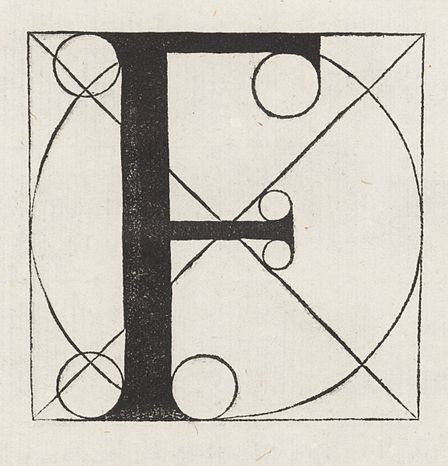why are we so afraid of the f word?
The other week I was told that I was ‘taking this whole feminist thing too seriously’. Sadly, this wasn’t the first time that I’ve been told to repress my passion for social equality. Mentioning feminist issues such as the gendered pay gap, sexual harassment and gender expectations are too often met with eye-rolling, yawning and unhidden apathy, or pithy words like ‘that’s just how it is’. I once thought that the women who told me this were complacent in their own dehumanisation and had grown comfortable with patronisation and sexist commentary, which they are told should be taken lightly. But now I know why some want to hush my feminist beliefs. It’s because being a feminist is an unpopular decision, one that people predict will lead to drinking copious amounts of wine in an empty apartment peppered with cat hair while scrolling through dating sites at the sour age of forty.
Women are given two choices by society. Their first choice is to ignore feminism and remain silent. This silence will often lead to a pseudo sense of respect, where men in particular congratulate women for not joining feminists, who irritate men by forcing them to reflect on their own privilege. The second choice women are given is to be vocal and speak out about inequalities – but only at their own risk. British pop-star, Rita Ora has made headlines for claiming that people are too afraid to call themselves feminists. She also claimed that she identifies as a feminist because feminism advocates for acceptance and equality, which is something she is passionate about. The belief that feminists bring harassment upon themselves by speaking up about their experiences is disgusting case of victim blaming, which stains the premise of an ethical, democratic society.
Clementine Ford recently posted a status on Facebook where she argued, ‘The internet is a battleground for women. People need to be aware of exactly how bad it is and protest it.’ She coupled this post with photos that outlined the extreme hatred some women receive merely for calling themselves feminists. Most of these photos had sexual undertones. Women received rape threats, death threats and were slandered for their beliefs. Some other attacks have been invasive, like the leaking of nude photographs. These photos and comments are something we have become too comfortable with glancing over when it presents itself on our Facebook newsfeeds. Slut shaming and double standards are so routine that defending themselves against trolls has become a ritual for many feminists.
The recent Mark Latham incident highlighted that this gender-based violence is coming from all areas, even from this Labor politician, who trolled female journalists like Leigh Sales and Clementine Ford. Events like this bully women into silence. A feminist is an easy target, someone with a strong opinion and sense of self-worth. The most important lesson I’ve learnt over the years is that strong women scare the hell out of many men, and by extension, some women. As Ford so greatly puts it, ‘Bully boys in politics simply can’t handle smart women’.
This harassment is uncalled for, especially when feminism is defined as the social, political and economic equality of the sexes. It is a movement for equal representation and empowerment, aiming at ending gender-based hatred for both men and women. But somewhere along the line the wires got crossed and the message was lost in translation.
So how do we change the perception that “feminism is scary”? The answer is that we shouldn’t have to. Instead of teaching women to shy away from feminism we should be empowering women to speak up. This involves including men in the conversation and teaching them that gender is not an identity. It doesn’t define interests or personality traits. More men need to participate in feminism instead of remaining members of exclusive boys clubs that deny women entry. As Helen Mirren puts it, ‘either grab him by the balls or join in the conversation like a person instead of a wilting lily’. This is a great quote, but you don’t need to walk around bare-chested with a loud speaker in hand and the word feminism tattooed on your wrists (but that’s cool, if you choose to do so). Simple communication can lead to change, so discuss feminism with your mum, dad, brother, sister, boyfriend or girlfriend and be prepared to feel like smacking your head against a wall if they give you a warped definition of what it means to be a feminist. Read up on feminism and reflect upon how gender has limited you. These examples can lead to enlightenment, especially when people begin to see feminism as an inclusive community that aims to equal the playing field for men and women.



Thank you to whomever wrote this piece, my thoughts exactly. I’m starting a feminist/social justice club at my college and it’s amazing how many people are so afraid of the word feminism. In my experience, I feel people are afraid to call themselves a feminist because they won’t be taken seriously, they don’t understand what feminism is, or they are afraid they will be scoffed at or outcasted. It’s a constant battle that I’ll never stop fighting.
Thanks again!